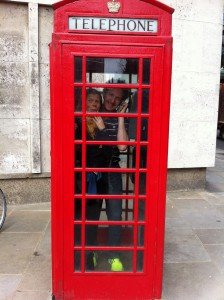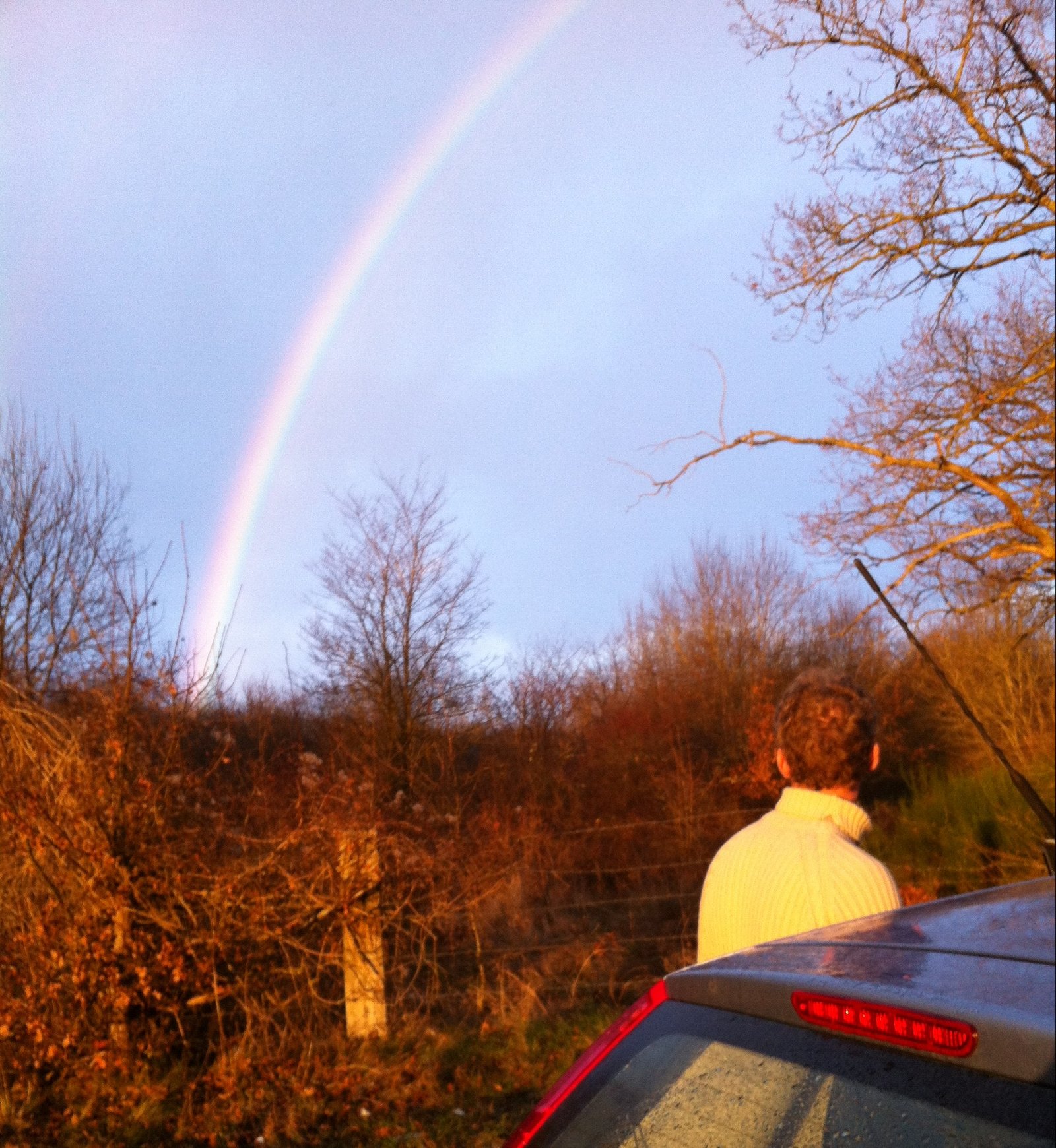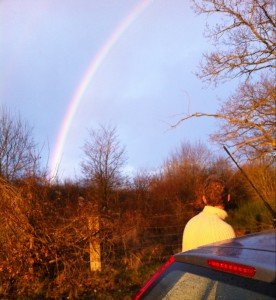
 Our relationships are the most valuable things we have. They are the gold that helps make life worth living.
Our relationships are the most valuable things we have. They are the gold that helps make life worth living.
One of the biggest challenges in my relationships is resolving differences in ways that celebrate versus denigrate each other. Sometimes the gold can get so beaten out of shape in these situations that it breaks apart.
I’m learning the art of respectful disagreement the hard way, and I’d like to share two big nuggets of wisdom in the hopes that your road to mastery can be smoother than mine.
Nugget 1: Sometimes all you need to do is listen.
One of the best things that my first husband and I did when we were separating was to attend a class on conflict resolution. We didn’t end up using the method of Nonviolent Communication that we learned. What we did do was take some of the principles of that class and develop a method for discussion that worked for us. We stumbled onto brilliance, and created the most peaceful and loving break up I’d ever had. Mostly what we did was learn the power of listening.
What we discovered as we went over issues we’d been fighting about for years was that we didn’t actually know what the other person thought.
What? How could that be? We’d heard the same arguments from each other over and over again!
How could we not know the other person’s arguments?
It turned out we hadn’t actually been listening.
For years.
Yikes.
How did that happen? I imagine that at first we were too hurt and angry and defensive and in a hurry to get across our pain. That we were too upset to slow down and listen to what the other person had to say.
How can that deafness continue for 12 years? All I can say is that when I think I’m right, I generally don’t pay attention to anything else. All I can hear are my thoughts, my logic, my reasoning. I didn’t listen to him because I assumed that I knew what he was saying. Ouch.
Now that we were willing to take the time to hear what the other person was saying, we were equally amazed at what we were hearing.
“Wait, you’re not mad that I used savings to buy the motorcycle, you’re upset because I didn’t ask you about the color?! Really? … Oh. …. Sorry about that, I didn’t realize the the color mattered to you.”
And poof, that was done. Gone. Over.
We’d been arguing for years and in 5 minutes of actually listening, we cleared up the whole thing.
Amazing, right?
90% of our discussions were like this.
Seriously.
It’s astounding what some focused listening can accomplish.
Nugget 2: Even if you think that you understand what the other person is saying, check.
This, in fact, is how we discovered that we weren’t listening. We checked.
How did we check?
One person would say what they thought about an issue (for a set time) and the other would remain silent and just listen. Then the listener would repeat back what they understood the first person was saying.
So, note that the listener isn’t mentally preparing their argument in response, they are listening for understanding and saying what they understand.
Then the first person confirms and clarifies, confirming what matches their thinking and clarifies what doesn’t. The listener says what they understand from the clarifications and this repeats until both people are satisfied that the listener understands the speaker.
Then you switch roles and the listener becomes the speaker on the topic.
Sound tedious? It can be! We found it incredibly helpful to have a structure to follow when things got heated. When hearts and minds start bending out of shape, it’s helpful to have guidelines and limits that you’re both happy to follow.
If you want to get better at conflict resolution, I encourage you to find or create a method that you and the other person both like. Do things that encourage clear listening and check for understanding even if you think you understand already! How will you know if you don’t ask?
And no matter what you’re discussing, remember how much you value the person in front of you and your relationship. Remember that you enrich each other and make life that much more golden.
Elena Maria Foucher blogs her discoveries for enjoying life on the Joy Lab at ElenaMariaFoucher.com. She also teaches meditation and stress reduction in Hong Kong and is the creator of simple meditations you can do while brushing your teeth at ToothbrushMeditations.com.
(This article was first published in the online magazine CoSozo.com.)




